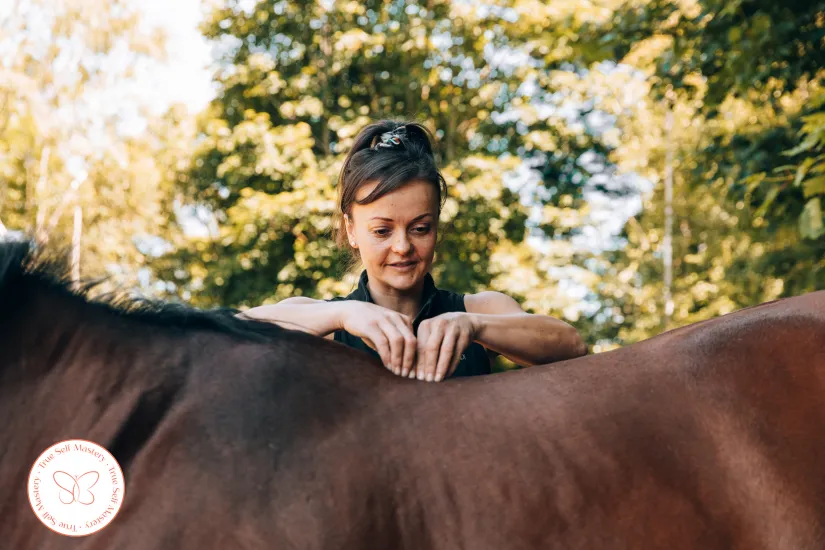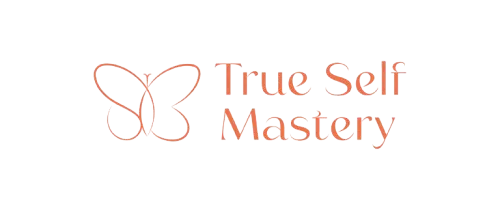Blogs

The Run That Didn’t Break Me – It Brought Me Home
The Run That Didn’t Break Me – It Brought Me Home
Four weeks ago, I set myself a challenge: to run up the Big Buddha mountain in Phuket, Thailand — a 4.1km stretch at a brutal 12% incline — and then complete 100 burpees at the summit. The goal? Raise money for the local dog rescues. But if I’m honest, it was never just about the dogs.
It was about something deeper. It was about proving to myself that I could do hard things again.
I don’t enjoy running. It brings up memories of my time as a flat jockey — days filled with restriction, punishment, and the quiet pressure to override every signal from my body. I used to run to the point of vomiting, to the point of tasting blood. Back then, pain was proof. Endurance was the currency of success.
So taking on this run wasn’t just physical — it was emotional. Psychological. Even spiritual. I knew I’d be revisiting old trauma and rewriting old stories. And I trained. Three to four runs per week for less than a month. Just seven runs in total before race day. It wasn’t much, but I committed.
On the morning of the challenge, the humidity hit 87%. The sun was rising fast. I started at 6:45am. The first 2km were as brutal as I remembered — steep, constant, no relief. But I felt strong. I clocked 2.06km at 16 minutes, faster than my last attempt. I felt faster. More efficient.
Then came the last stretch — the final 2km. The part where the mountain tricks you into thinking you’re done, only to throw more climbs at you. My breath shortened. My heart rate surged. My average heart rate hit 178bpm — peaking at 183.
I started to panic. I felt sick. The pressure of the time goal loomed. And then, something incredible happened:
I caught myself.
I told myself, "You don’t have time to panic. Move on. Keep going."
And just like that, the nausea passed. My breath steadied. My mind returned. That moment wasn’t about performance — it was about regulation. A lesson I teach others, and here I was learning it again under extreme stress.
I didn’t walk. Not once. Even when my legs were screaming. Even when the last hill felt never-ending. I sprinted the final 100 meters. I gave it everything.
Then I looked at my watch. 31:28.
I missed the sub-30 goal. My heart dropped.
I felt… disappointed. And I hated that.
Because I knew I had given everything. I knew the conditions were brutal. I knew my cycle was off — my period arrived 5 days early due to the stress. I was in my luteal phase, the most inflammatory part of the cycle. I had trained my body, but on race day, I was working against my biology.
Still, I judged myself. The inner critic had a field day.
But when I sat on the floor, starting my 100 burpees, something shifted. With every drop to the ground, I released some of that self-judgment. Every time I pushed off the floor, I reminded myself: “You’re still going.”
I did the first 30. Then 30 more. Then 40. My rhythm broke down. My body was exhausted. My thumb swelled from the heat — so much so that the ring I was wearing cut into me. It was usually loose. Not that day.
I pulled it off and threw it into the trees.
Not out of anger — but as a symbol. A thank you. A release. A recognition of everything I was shedding.
When it was done, I drank, refuelled, and started running back down.
And then came the reflection.
Why was I so disappointed? Why did missing a time — that no one else cared about — feel so personal?
Because it reminded me of another time.
When I was representing Great Britain in dressage, travelling Europe, riding horses at the highest level — there were moments when you’d give everything, and then the score would come back: 63%. You needed 64% to qualify. And all you could think was: “Did I do enough?”
But back at the stables, there was always a horse waiting. Head over the door. Soft eyes. Steady breath. Unimpressed by the pressure, but fully present in your presence.
Horses bring you back to the now.
That’s what I remembered on this run.
Not the result. Not the numbers. But the presence. The process. The fact that I did something hard, and I did not abandon myself in the process.
Cycle syncing would’ve made this easier. Yes. Training in my follicular phase would’ve given me more oxygen, better coordination, faster recovery.
But that’s not what I needed this time.
I needed to meet the version of me who used to override pain. I needed to show her there was a different way.
Would I do it again? Yes. Because I raised over £1,000 for the dog rescues in Phuket. Because I redefined what success means. Because I remembered what really matters.
Not the goal. But the grit. Not the speed. But the self-trust.
And above all? That moment you stop trying to prove something… and start becoming something instead.
That’s when everything changes.


